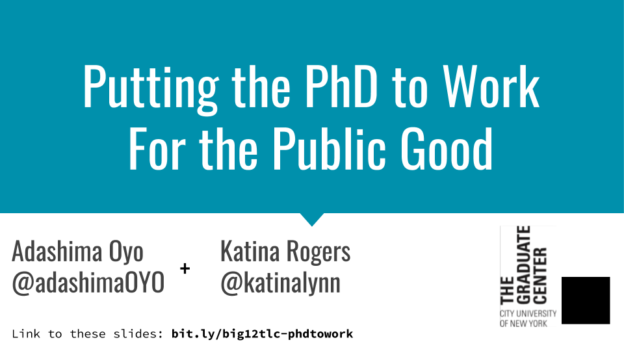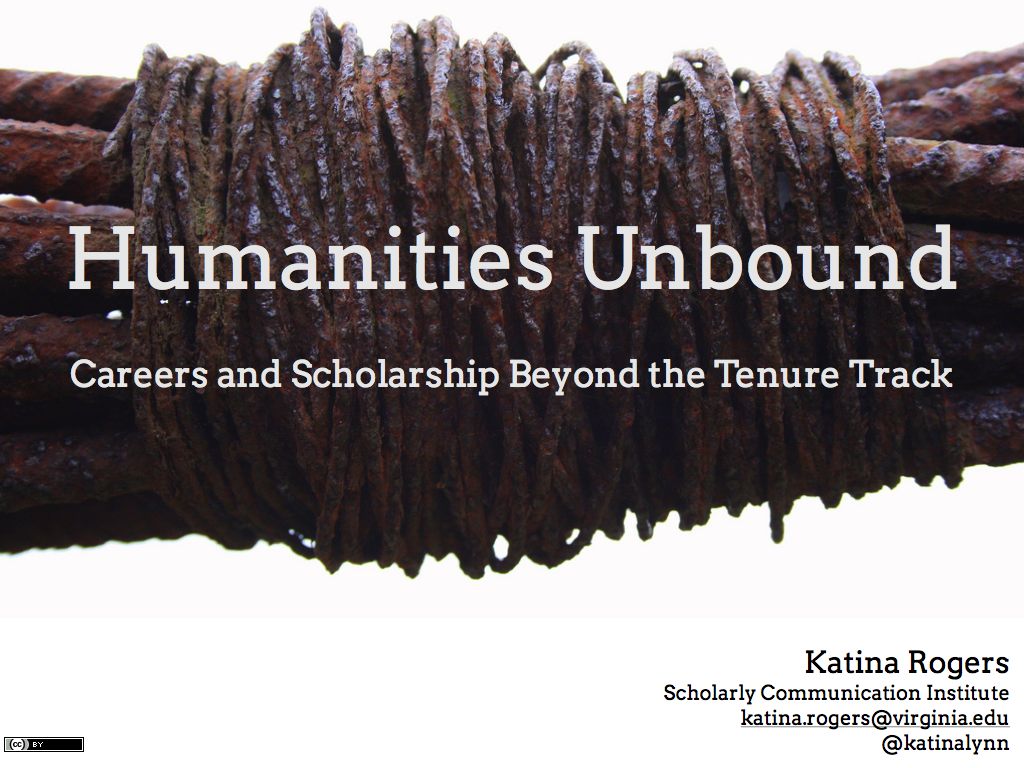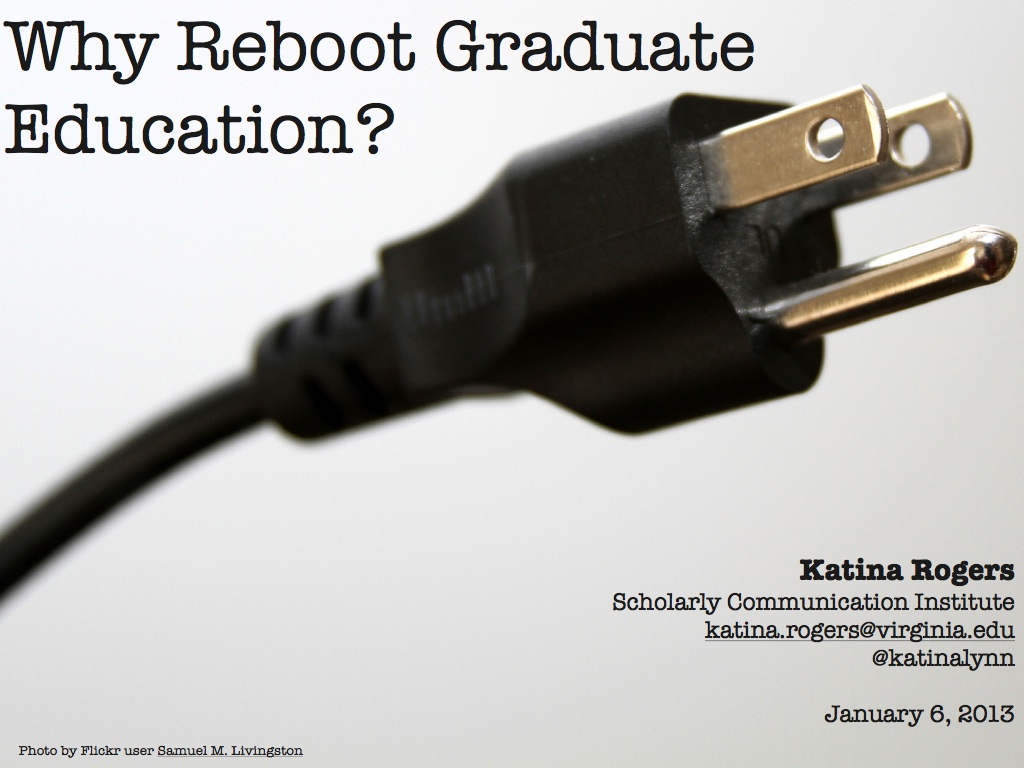This spring, I’ll be co-teaching a course that I’m really excited about, along with my colleague Matt Brim: Equity, Elitism, and Public Higher Education. We are teaching together as part of the Futures Initiative’s slate of interdisciplinary team-taught courses. The opportunity to teach is significant for me: the last time I taught in the formal, classroom sense was over a decade ago, in spring 2009, as a doctoral student.
Teaching as a grad student terrified me. Like most doctoral students, I had almost no pedagogical training. I was tossed into whichever class needed staffing, sometimes introductory French language classes, sometimes broad humanities courses that covered literature, art, and music over a span of centuries. One notably difficult semester found me teaching Norse mythology, which, as someone mostly studying contemporary French and Latin American literature, I knew next to nothing about. Of course it was terrifying and exhausting to teach in these circumstances: I was a precarious worker, woefully underprepared and undersupported, though I didn’t know enough about university labor structures to understand that.
Now, though, I’m coming to the (virtual) classroom with a very different feeling. I’m nervous, but not as nervous as I expected to be. Mostly I’m incredibly excited. I am coming to this classroom from such a different place than when I taught as a graduate student. I’ve been working in and around universities for more than a dozen years at this point. Even though I haven’t been teaching in a classroom, informal teaching and mentorship is a cornerstone of my role. I also know so much more now about pedagogy, university structures, group dynamics, and so on than I did as a student.
Plus, the opportunity to build a small, temporary community and to engage in a sustained inquiry and conversation together feels almost indulgent. Over the past year, largely around the publication of Putting the Humanities PhD to Work, I’ve given a record number of talks and workshops. But especially in a virtual context, these talks are so fleeting. I zoom into a space, meet wonderful people, and then it ends in a flash. As Matt and I have built this course together, we’ve prioritized a sense of slowness, trying to find a way to make and hold space as our class comes together to read and learn and digest.
Returning to the classroom also feels incredibly necessary to me. I’ve had my hands in so many different administrative areas over the past several years, and I truly enjoy working at a structural level. But classrooms are the lifeblood of the university, and as such I think it is incredibly valuable for me, as an administrator, to have a continued teaching practice. I don’t know yet what I will learn this semester, but I have no doubt I will be learning at least as much as students in the class.
Read more about our class here.
Featured image by CUNY Rising Alliance.





